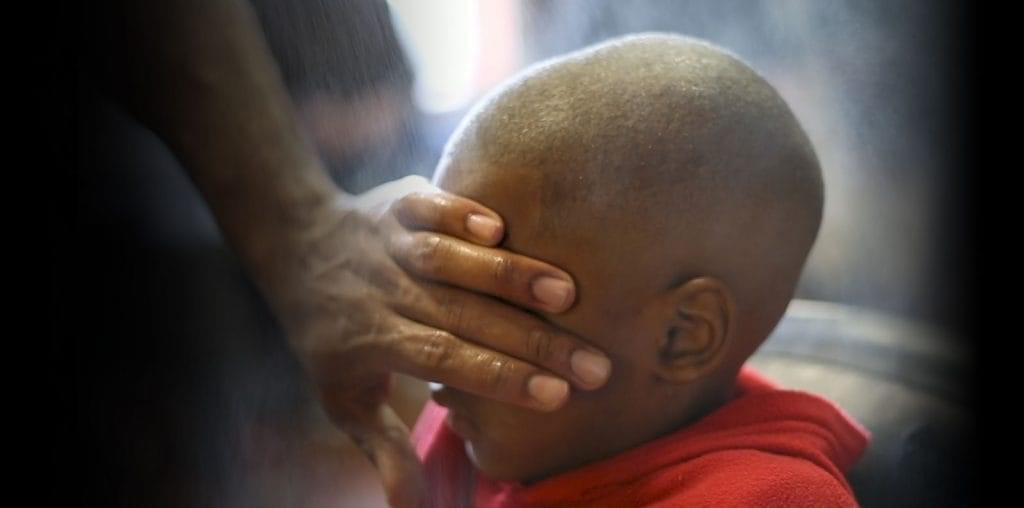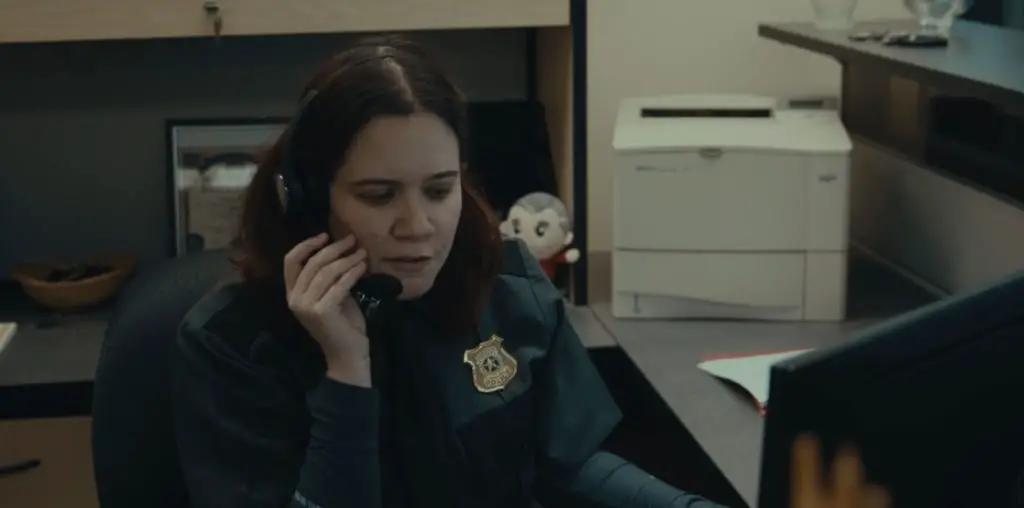
“Bleeding Rose” undoubtedly has the Quiroz Brothers very, very nervous. And if they haven’t seen it yet… they should.
Ebony Flowers is living an absolutely horror movie existance. Leave aside the fact that she’s got the most hippie name on the face of the earth since Soleil Moon-Frye, she’s also got a dark past totally unrelated to her horrendous name. She’s also in the midst of a love triangle.
Oh, and did I mention the serial killer?
Yeah, she’s actually got a serial killer after her. To make matters worse–worse!–all the suspects in this particular case are close friends of hers. And the killer is killing the people she loves. Which doesn’t bode well at all for the prongs of the love triangle. So basically, she’s left to figure out who the killer is, which is going to involve lots and lots of delving into that black old past of hers.
Which is a pretty involved plot for a movie with a runtime of eighty minutes, and that’s a concern. We’ve all seen movies that have to kill time to fill a minimum runtime, but there are also movies that try to pack too much story into too little runtime. Either they run out of money, or they just try to move too fast through too much. And each has its downsides, so “Bleeding Rose” is laboring under a handicap right out of the gate. Perhaps even worse, it will become clear early on that “Bleeding Rose” is an urban horror film. Not necessarily a bad thing by itself, but it’s not a field that produces real winners with any kind of consistency. Pretty much the top producers of urban horror are the Quiroz Brothers, who put out films like “Hood of the Living Dead,” among others. Having seen several Quiroz Brothers movies, I can tell you that “mediocre” is generally a good descriptor.
But I’ll confess, they’ve got lots of scary moments in here. Mostly, they revolve around Ebony’s past; the surprise appearance of Ebony’s old boyfriend is pretty high on the list, especially once we find out what’s behind the sudden appearance. In fact, a lot of the scary moments in this movie seem to come from Ebony’s old boyfriend, with whom they’ve done a great job building up as a kind of pocket evil. He’s into black magic, was abusive, at least a little crazy–basically, he’s all the things that a movie villain needs to be.
Which is exactly why the ending is going to be the truly huge surprise that it is.
All in all, “Bleeding Rose” is exactly what the urban horror subgenre needed–a new gold standard. Kareem Bland has put together an excellent piece here, that shows clearly what urban horror–indeed, what ALL horror–can do if it puts its collective mind to it. Packed with scares, twists and turns, and a deep, rich plotline, “Bleeding Rose” should serve as a lesson to all filmmakers.

